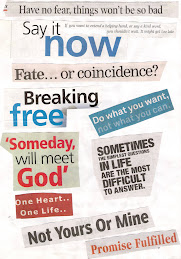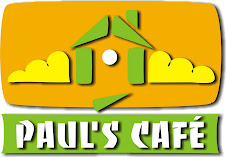

I). An introduction to Technical writing
Technical writing is the process of conveying information in a readable/ understandable manner to a specific end user. It is the ability to explain complicated theory in easy words. Technical writers are also known as information developers, documentation specialists, technical communicators, communication specialists.
II). Key attributes for Technical writing
The word "Technical" comes from the Greek word techne, which simply means "skill".
The first rule of technical writing is "KNOW YOUR AUDIENCE." Writers who know their audiences well are in a position to suggest and implement solutions to problems in a better way. Additional attributes are mentioned below:
• Strong communication skills
• Good training skills
• Excellent eye for detail
• Good editing skills
• Ability to learn quite rapidly new software, industrial process or the latest gadget in market
• Good listening skills
III). Types of technical documents
Technical manuals can be broadly classified into two types:
• The User manual; enabling the end user to understand the functionality of the machine/software/application. It is basically a “HOW TO” document.
• The Technical manual is meant to be used by the technician.
Technical writing is not only limited to various machines and gadgets but their importance is equally regarded in the software industry. In technical words they are an integral part of the SDLC (Software Development Life Cycle).
Technical communicators write, design, and/or edit proposals, manuals, web pages, lab reports, newsletters, and many other kinds of professional documents.
Types of manuals that a technical writer will produce are mentioned below:
• Brochures
• Process documents
• Business proposals
• Policies and procedures
• Resumes
• Data sheets
• Frequently Asked Questions (FAQ’s) etc
Summing it up: Technical writing bridges the gap between the developer/ manufacturer and the end user.
IV). Authoring tools for technical writing
Other than the ability to write effectively and briefly the technical writer must possess knowledge about a few authoring tools that is useful in producing documents.
• Adobe FrameMaker
• Microsoft Word
• Adobe RoboHelp
• Techsmith SnagIt
• Microsoft Visio
Reference guides like the Chicago manual of style or Microsoft manual of style will also expand a technical writer’s knowledge of style and document writing process.
V). Technical writing as a profession
Earlier the technical documents were made by people from specific fields of expertise having a flair for writing. The scenario now has changed and more options are open for people with a flair for writing.
Few advantages of taking up technical writing as a profession:
• Along with journalism and copy writing, a technical writer can also work as a content writer, instructional writer.
• High-tech companies value good technical writers.
• Pay rates have increased in recent years. The detailed pay chart is available with STC (Society for Technical Communication)
• Technical writing enhances the domain/business knowledge.
• Point of entry into the IT industry.
• It can also be called as the next big thing! With an average of 30-50 vacancies for technical writers across companies.
• Freelancing
VI). Training Institutes
Professional institutes like The Writers Block (TWB), Bangalore; KBuffer Online, Chennai; Technowrites, Pune are involved in training budding technical writers for the industry.
These institutes teach the fundamentals of technical writing, editing techniques and also guide a beginner through the documentation tools used for creating manuals.
A certified technical writer has the advantage of better placement opportunities due to recognition from these institutes.
STC (Society for Technical Communication) and TWIN (Technical Writers of India) are support organisations for budding technical writers. For more details log on to http://www.stc.org or http://www.twin-india.org/








No comments:
Post a Comment